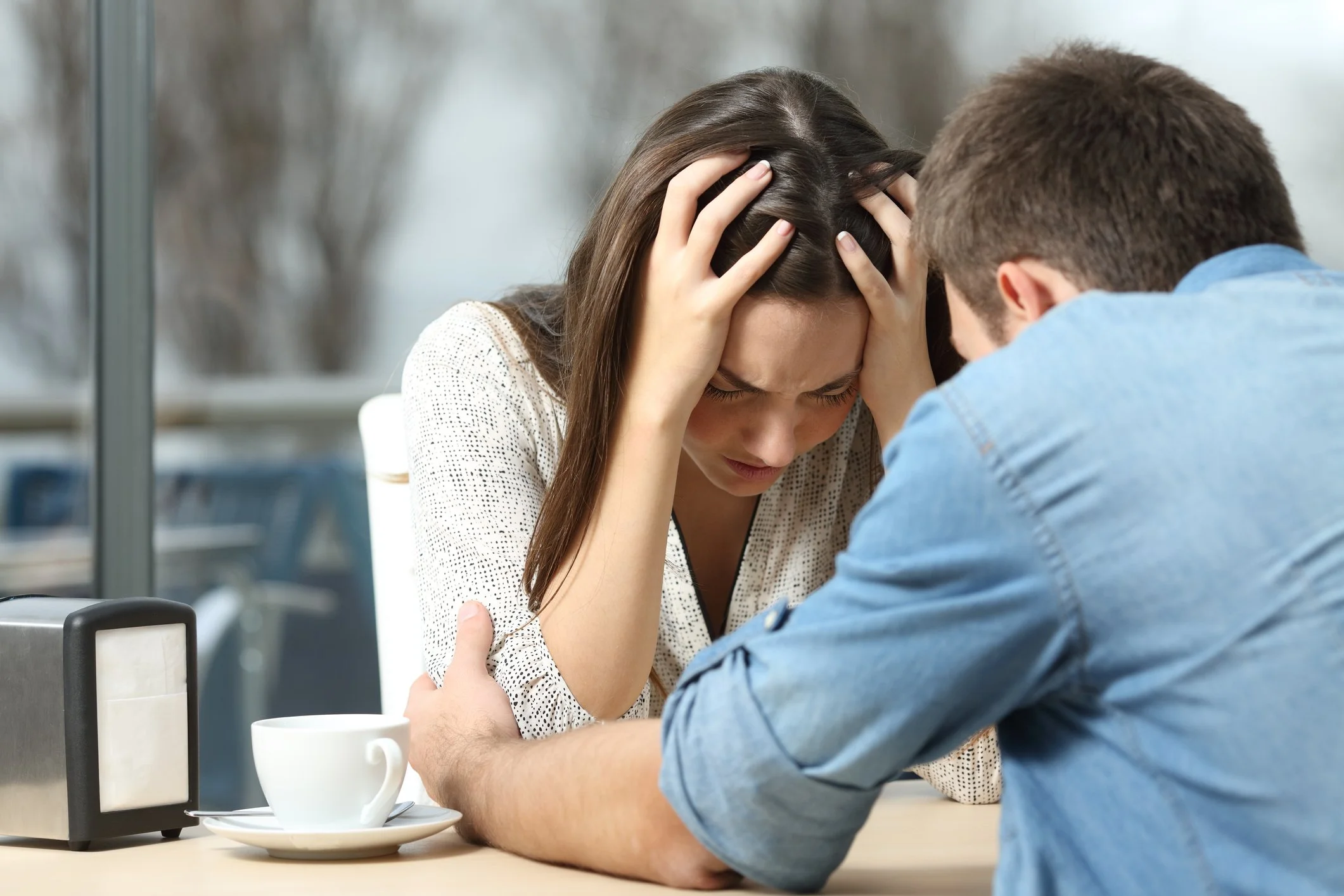Should You Stay Friends After a Breakup?
Introduction
Breakups are hard. Whether it was your first relationship or a more serious one, figuring out what comes next is confusing—especially when the big question hits: Should you stay friends with your ex?
It might feel like the "mature" thing to do, or maybe you don’t want to lose them completely. But is staying friends always a good idea? Let’s break it down honestly so you can decide what’s right for you.
Emotional Aftermath: Why This Question Hurts
When a relationship ends, your emotions are all over the place. Hurt, confusion, maybe even relief—whatever you're feeling is valid. But trying to shift straight from romantic to platonic isn't always as smooth as it sounds.
According to licensed therapist and teen counsellor Jessica L. Peters, “Post-breakup friendships often start with good intentions but can backfire if the emotional wounds haven't healed yet.”
If you're thinking about staying friends, first ask yourself: Are you doing it because you truly want to… or because you’re afraid to let go?
Pros of Staying Friends with an Ex
For some people, staying friends can work—especially if the breakup was mutual or the romantic side just faded naturally. Here are a few reasons it might be a good idea:
You share a strong, respectful history
Maybe you’ve known each other for years and the bond is deeper than romance.
You genuinely care for each other—platonically
You still want the best for them and can support each other without drama.
You’re part of the same friendship group
Cutting ties might cause tension in your wider social circle. If handled maturely, friendship might keep the peace.
You've had time apart to heal
This is key. Most post-breakup friendships only work after a healing period—not right away.
When It’s a Bad Idea to Stay Friends
Let’s be real—sometimes, staying friends isn’t helpful. It can make things messy or painful, especially if there’s still emotional baggage.
One of you still has feelings
Friendship isn’t fair if one person secretly hopes to get back together.
The breakup was toxic or dramatic
If there was cheating, manipulation, or constant fighting, staying close only reopens wounds.
You're using friendship as a backup
It’s not healthy if either of you sees friendship as a “maybe-we’ll-date-again” situation.
You feel worse after seeing them
If hanging out makes you sad, jealous, or anxious, it’s not the right move.
“Sometimes the bravest thing you can do is let go—with kindness.”
When Friendship Might Work
A friendship after a breakup can work if:
The breakup was respectful and mutual.
You’ve both had time apart to process the breakup.
Neither of you has lingering romantic feelings.
You can talk openly and honestly about boundaries.
You're not using each other to avoid being lonely.
Even then, it takes effort—and maturity.
How to Set Healthy Boundaries After a Breakup
If you do want to stay friends, here’s how to protect your heart and your peace:
Take a break first. Give it a few weeks—or more—before reconnecting.
Be clear about your intentions. No flirting, no “maybe” talk.
Limit one-on-one time at first. Stick to group hangouts until you’re both truly comfortable.
Don’t talk about dating others (yet). That can be hard to hear, even if you're “just friends.”
Listen to your gut. If something feels off, it probably is.
Final Thoughts: Friendship Isn’t a Requirement
Here’s the truth: you don’t owe anyone a friendship after a breakup. If it feels forced, painful, or just not right—it’s okay to walk away.
Healing is your priority. Whether you stay friends, go no-contact, or take a break, do what’s best for your emotional wellbeing.
FAQ’s
-
Not usually. Most people need space to heal first. Trying to be friends too soon can confuse your emotions and make it harder to move on.
-
You might delay healing, feel stuck in the past, or get jealous if they move on. It can also make future relationships complicated.
-
Not at all. Taking space to heal is mature and healthy. It doesn’t mean you hate your ex—it means you’re protecting your heart.
-
It’s possible, but only when both people are truly over the relationship and have clear boundaries in place.
-
Nope. You’re allowed to prioritize your emotional health. Friendship should be mutual—not something you feel pressured into.











